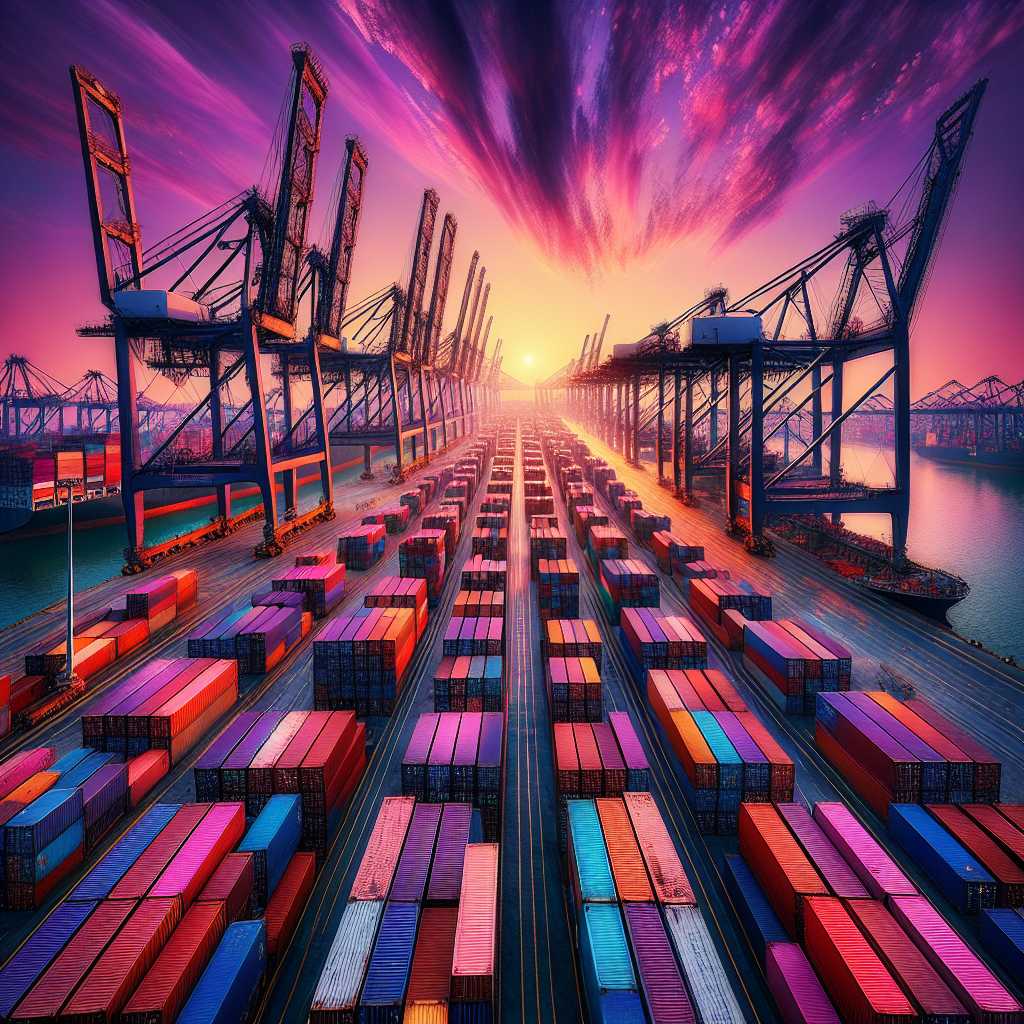The Implications and Status of the Port Strikes Around the Globe
Ports are critical junctures in global trade, serving as the entry and exit points for a vast amount of goods that travel from one country to another. As such, when strikes occur within these logistical hubs, they can have far-reaching implications for economies and supply chains. This article aims to provide an update on the recent port strikes, their causes, effects on trade, negotiations, possible resolutions, and long-term implications.
Understanding the Port Strikes: Causes and Demands
Port strikes often revolve around disputes over wages, working conditions, and other labor issues. Workers might be protesting inadequate pay scales, unreasonable working hours, or insufficient health and safety measures, all of which are exacerbated by the increased demands on shipping due to globalization and e-commerce growth.
Recently, some of the strikes have been prompted by the introduction of automation technology that threatens to replace human labor with machines. Unions typically argue that while efficiency gains might be realized, the human cost in terms of job losses is unacceptable. They may also highlight the potential wider economic impacts, from decreased consumer spending power to greater societal inequality.
Impact on Global Trade and Supply Chains
The immediate effect of a port strike is usually a backlog of cargo, ranging from raw materials to consumer goods. This not only delays shipment but also increases costs for shippers and potentially raises prices for end consumers. Inventory shortages can ripple through supply chains, affecting manufacturers waiting for parts and retailers stocking shelves.
Moreover, if a strike is prolonged or echoes in multiple ports around the world simultaneously – often in solidarity actions or due to common factors – this can significantly undermine the stability and predictability needed in global commerce. In some cases, businesses may seek alternative transport routes or methods, triggering a reconfiguration of certain aspects of the shipping industry.
Negotiations & Government Involvement
In an attempt to resolve these disruptive events efficiently, port authorities, governments, and workers’ unions engage in rounds of negotiations. Governments will often encourage talks aiming for swift resolutions owing to the pivotal economic importance of port operations. However, when direct talks come to a stalemate or discounts the concerns of laborers, governments might feel compelled to take more direct action such as enacting emergency orders to temporarily halt industrial actions or facilitate arbitration processes.
Moreover, some nations have labor laws that emphasize dispute resolution procedures specifically designed for sectors deemed essential like ports, where strikes can severely impact the broader economy.
Potential Long-Term Implications
Port strikes can lead airlines to reassess their logistic frameworks by demonstrating vulnerabilities in reliability. Businesses globally might need to develop more robust buffer stock systems or diversify sourcing strategies to mitigate risks. In addition, awareness grows among consumers about the fragility of supply chains.
Furthermore, frequent strikes or unresolved labor issues may influence future technology adoption. As companies seek more stable and predictable methods of operation, they may look toward further automation – ironically hastening the very trend opposed by many labor unions.

